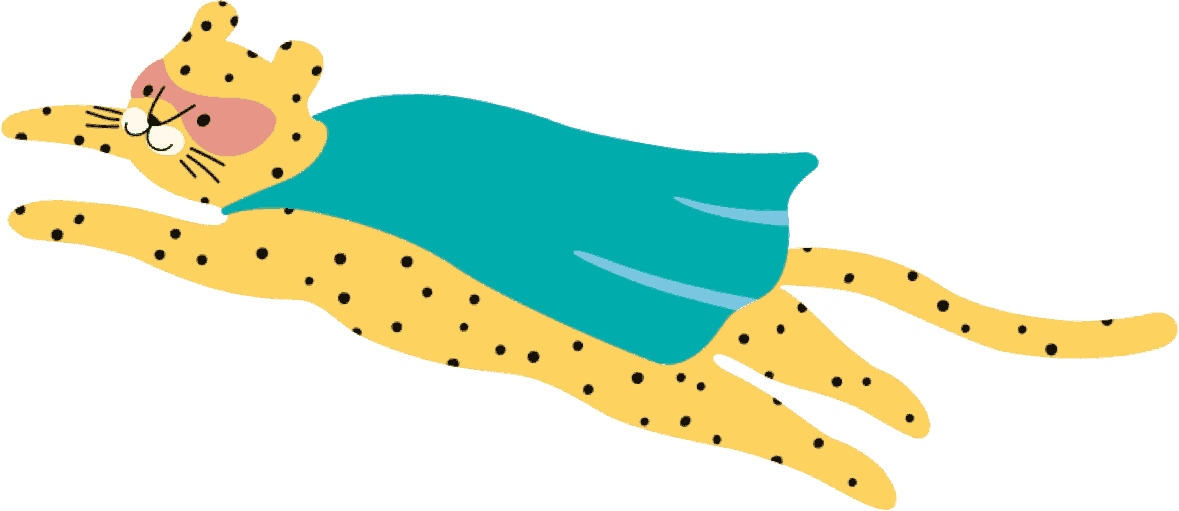What are the benefits of play?
Play is a healthy, essential part of childhood. It helps to nurture imagination, creativity, wonder and independence in children. Play supports healthy brain development, as it helps young children interact with and learn about the world around them as early as birth and evolves as the child matures both physically and cognitively.
Parents and caregivers should create a safe environment to foster child-driven play, where children can play at their own pace, discover their own interests, and engage in the passions they wish to pursue. Playing with caregivers is helpful for supporting skill development, however independent play also has benefits for young children including creativity and investigation skills. There are many different types of play, all of which provide different benefits for your child’s learning and development. Some of these benefits include:
- Independence: When you create a safe play environment for your child, you give them the freedom to make their own decisions about how they want to use objects. Without constraints, children can feel empowered to play however they want and to make up games and activities on their own that stimulate their senses and imagination!
- Problem solving skills: When playing on their own, children have to figure out how to solve problems like how to get a block from one place to another, how to stack them without them falling, or how to get their favorite color of paint on the paper instead of the table! They have the freedom to try activities as many times as they need to get the outcome they want.
- Gross motor skills: Gross motor skills are skills that require the use of the large muscles of the body. These muscles are utilized for movements such as walking, running, and jumping. Your little one can develop these skills by playing on playground equipment, engaging in a sport, or jumping rope. These skills are essential for laying the foundation for other necessary movements like eventually getting on and off the toilet, in and out of bed, and sitting up straight at a desk.
- Fine motor skills: Stacking, sorting, and grasping play objects will help your child develop fine motor skills. These repeated movements will help strengthen the muscles in their hands and fingers, which will help them one day transition to holding objects like a marker or crayon and get more precise with their movements. These skills will transfer to other areas of their life like eating (holding a fork or spoon).
- Social skills: Engaging in play with others can help children learn how to interact and collaborate with their peers. Collaborative play requires children to notice social cues and express their feelings, which encourages empathy and conflict resolution skills.
- Promotes physical activity: Many children play through their bodies, which helps children build their muscles, coordination, and stamina. Outdoor play including sports, group games like tag, or solo activities like jumping rope are all excellent for getting your little one active while having fun.
This article has been reviewed by our team of experts.
Disclaimer: The contents of this article does not constitute medical advice. If you have concerns about any health or medical condition, diagnosis, or treatment you should consult with your pediatrician or a licensed healthcare provider.
